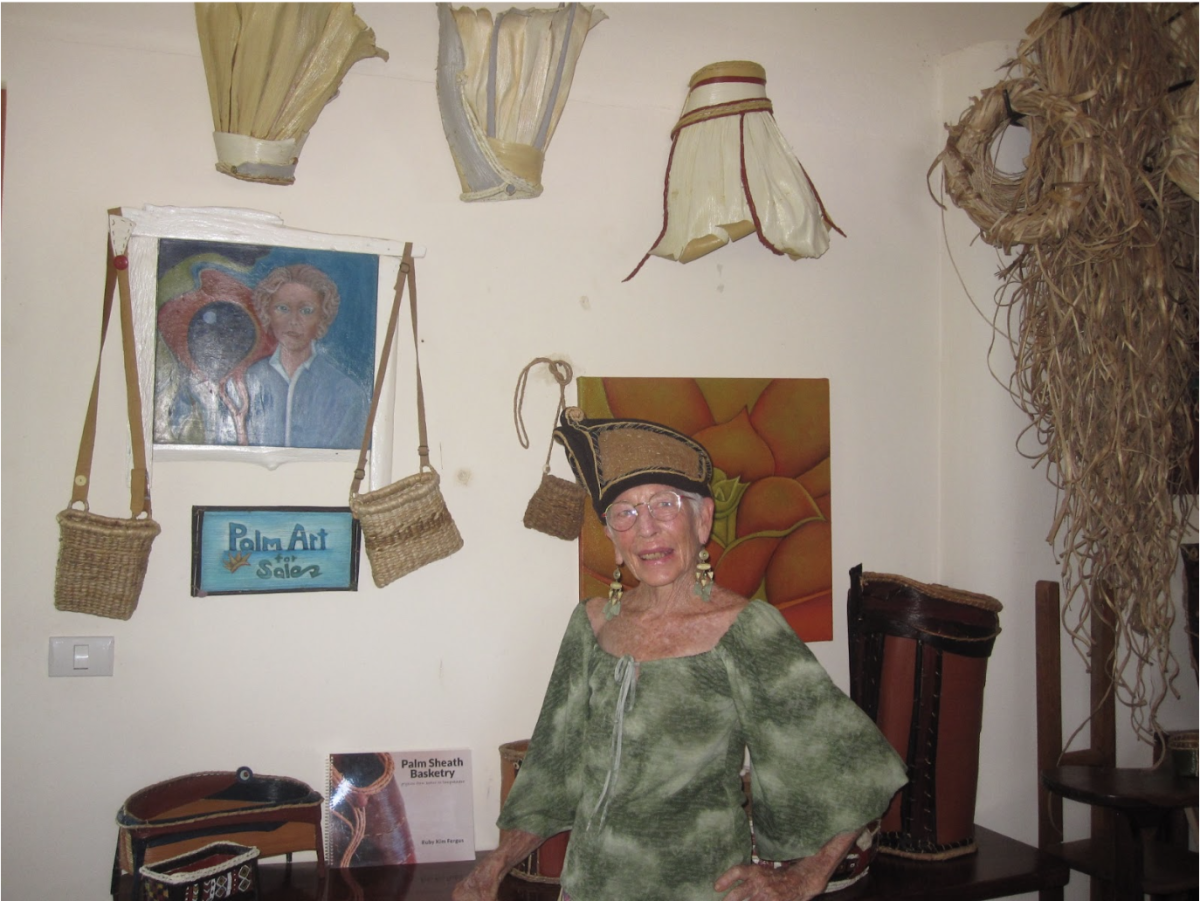Tatiana Gutierrez
Editor-in-Chief
Every morning as I frantically run out of my house lopsided, balancing my half-open backpack on one shoulder, my shoes and car keys in one hand and my breakfast in the other, my mom shouts like clockwork from the kitchen an always-helpful reminder.
“Don’t forget to grab your lunch and take your medicine!”
The second semester of my freshman year I was diagnosed with attention deficit hyperactivity disorder — commonly known as ADHD — after counselors and psychiatrists looked at my high grades and questioned whether I felt it was necessary to proceed with the testing process as on the surface nothing appeared to be “wrong.”
Despite their initial reactions, I pushed to continue testing, which meant being asked every possible personal question for hours on end, rearranging multi-colored blocks into complex patterns, and completing various verbal, visual and auditory tests.
The first doctor I visited to prescribe medication, upon receiving my results, didn’t get the “vibe” I had ADHD and felt that medication wasn’t necessary because I earned good grades just fine without any assistance.
Instead of just accepting the doctor’s decision, I proceeded to explain how I felt like I wasn’t reaching my full potential and had hit a wall — no matter how much time or energy I put into an assignment, it never seemed to reflect my best effort.
When she responded with, “Why don’t you just not try as hard and accept the lower grade if you’re straining yourself?” I informed her I wasn’t going to let ADHD serve as an excuse to do poorly in school and lower the high standards I set for myself.
Although I understood where the doctor was coming from, I left the appointment enraged that after months of mind-numbing tests and a sea of questionnaires, the one person meant to provide a solution dismissed my needs since I failed to fit a stereotype.
The initial frustration evolved into determination to receive the assistance I knew I needed.
Self-advocating originally proved challenging since I was debating with the chief of a psychiatric unit at a local hospital, based on my gut feeling and simply knowing myself. There were instances where agreeing with her were tempting — just so the prolonged process would come to an end — but I preferred dealing with a grueling process rather than living with the regret of knowing I didn’t receive the help I knew I needed.
Self-advocation requires a strong, passionate voice as well as the confidence to address people in power. Although getting professional advice is always helpful, there are times where following one’s gut feelings produce the most beneficial result.








